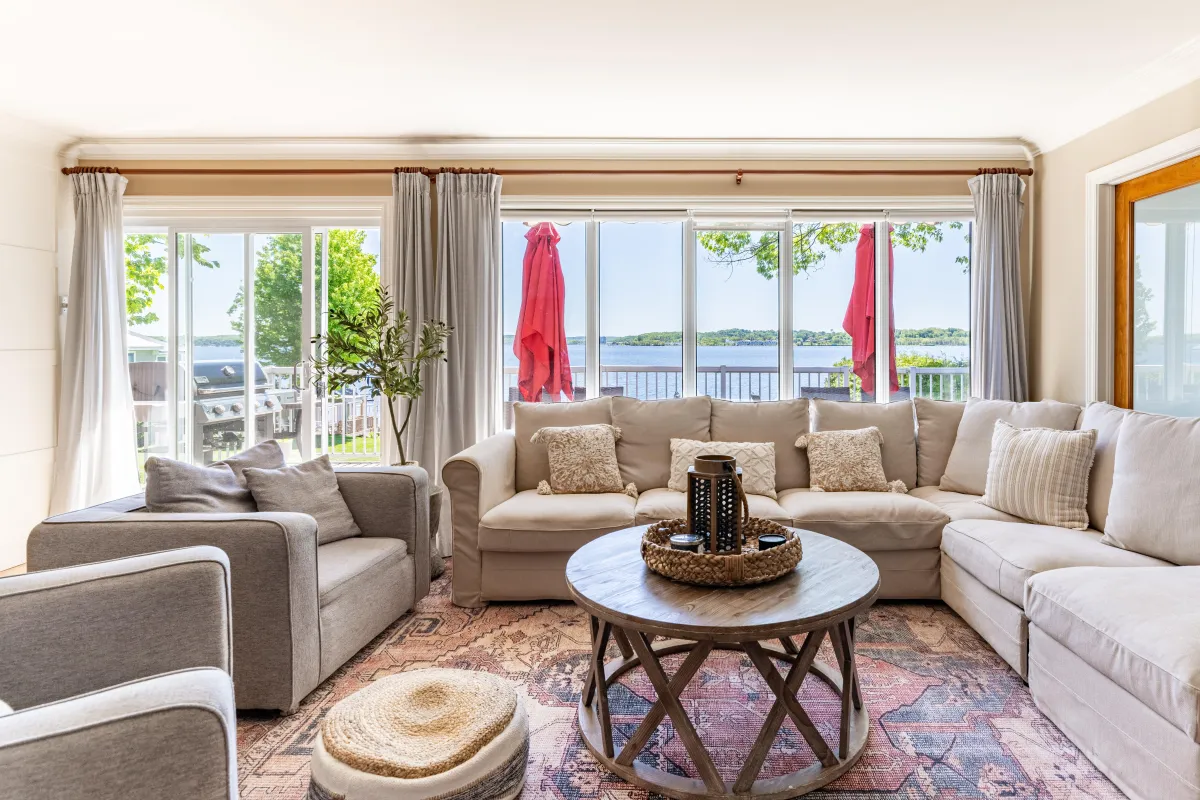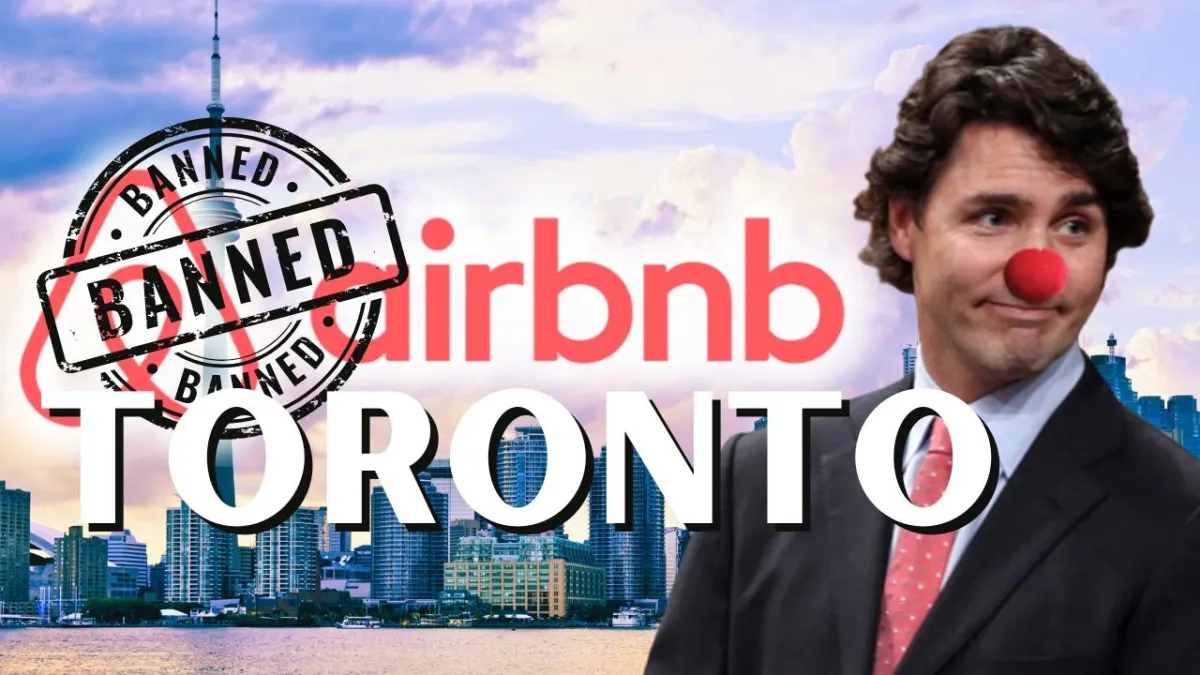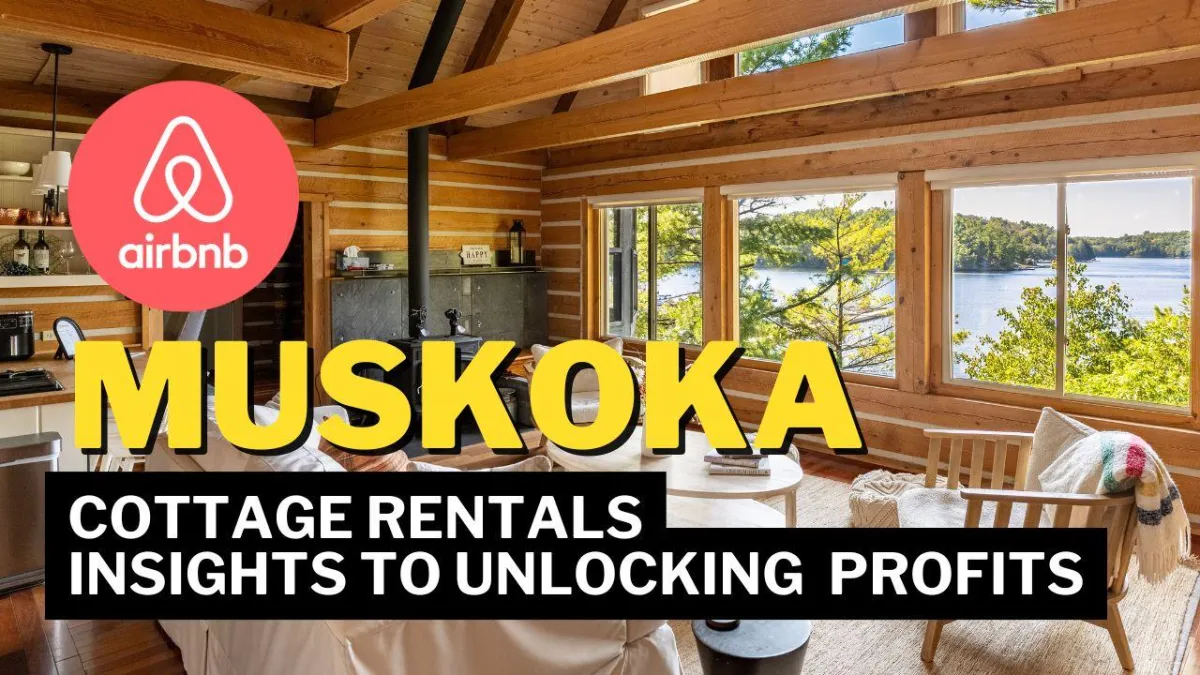
Responsible Cottage Rentals in Muskoka & Georgian Bay: A Response to ‘Big Trouble in Tiny Township’
A Planner and Property Manager’s Take on “Big Trouble in Tiny Township”
Reviewing Toronto Life’s Cottage-Rental Investigation with a Long-Term Vision
Toronto Life’s August 2024 article, Big Trouble in Tiny Township: How short-term renters took over cottage country, brings needed attention to the growing pains small Ontario communities face amid the rise of short-term rentals (STRs). The piece describes noisy parties, overflowing garbage, and resident frustrations in places like Tiny Township and the Muskoka Lakes. As both a professional in urban planner and an owner of a cottage rental management agency, I believe the conversation deserves more than headlines—it needs thoughtful context, long-range thinking, and clear policy goals.

It’s a Few Problematic Properties—Not an Industry Gone Rogue
Urban policy often suffers when outliers define the rules. While complaints in the article are valid, data tells a different story: the vast majority of STRs operate without incident. Even Jayne McCaw, a respected luxury rental manager in Muskoka, estimates only 10 annual complaints in the area, often from the same repeat offenders.
From a planning perspective, this points to an enforcement challenge—not a land use incompatibility. We must distinguish between poor management and systemic issues. That’s where a tiered and data-driven licensing system can address nuisances without undermining the entire STR economy.
At Homeseeker Vacation Homes, our operational data mirrors this. Most of our homeowners are thoughtful, community-minded people who want their properties respected. We deploy safeguards like noise monitors, occupancy sensors, and digital locks to ensure guests comply with local bylaws. We emphasize clear house rules, security deposits, guest screening, and local support to proactively address issues before they escalate.
Cottage Towns Are Hybrid Communities—and Should Be Planned as Such
As a planner, I see cottage country not just as a leisure zone, but as a complex hybrid of permanent residents and seasonal users, both of whom deserve a say in how communities grow and function.
Cottage towns in Muskoka, Georgian Bay, and Lake Simcoe sit at a unique intersection: they are residential neighborhoods, yes—but also major economic drivers of Ontario’s tourism sector. FOCA (Federation of Ontario Cottagers’ Associations) notes that STRs support thousands of service jobs: cleaners, landscapers, trades, marina staff, restaurateurs, and more.
Over-regulating STRs through blanket bans or harsh minimum-stay rules (like the 7-night minimum proposed in Muskoka Lakes) risks stalling this engine. From a land use and economic development lens, we need policies that preserve neighborhood quality without suppressing local opportunity.
Planning should also recognize the seasonal nature of infrastructure demand. Rather than reactively regulating STRs, municipalities should treat them as part of a broader tourism land-use overlay, with requirements for waste capacity, parking management, and noise control that are enforced seasonally—when impacts are highest.
STR Income Is Part of the Housing Affordability Equation
It’s important to zoom out. Ontario’s housing market is in flux. Cottage values are up. Sales are down. Costs have surged. STR income is, for many families, what makes ownership viable. Mortgage rates and property taxes have doubled for some since 2020.
From a planning standpoint, STRs serve as a financial bridge for multi-generational families to retain properties—especially in areas where legacy ownership is key to community identity. Blanket bans could accelerate gentrification and remove locals from their own towns.
A Regional Licensing Strategy Is Better Than Patchwork Policies
Smart governance doesn’t mean a free-for-all. We support licensing—but done right.
Muskoka Lakes' new bylaw introduces a demerit system and annual licensing requirements. That’s a step in the right direction. But every municipality from Gravenhurst to Bracebridge has different systems. Some charge high fees. Others barely enforce rules. The result? Confusion and non-compliance.
We recommend a regional licensing framework coordinated across District of Muskoka and surrounding counties. This would preserve local flexibility while aligning standards. As a planner, I’d also suggest a performance-based model—rewarding compliant operators with fast-track renewals and stricter penalties for repeat offenders.
A tiered approach based on property size, proximity to sensitive areas (like waterfronts or school zones), and historical complaints is a smarter path than “one rule fits all.”
Diversity Isn’t the Issue—Lack of Orientation Is
The article raises concerns about community change, hinting that “outsiders” are disrupting rural harmony. As a planner, I see this sentiment often in suburban intensification projects too—and it often masks deeper fears about change.
The truth?
Diversity is a strength, and newcomers—whether domestic or international—can enrich local culture and boost economic vibrancy. But they must be oriented. That’s where property managers and municipalities must step in.
At Homeseeker, we provide each guest with local etiquette guides, waste disposal protocols, fire safety reminders, and nature conservation tips. We treat each booking as an opportunity to pass down community values, not just keys.
Takeaways for Cottage Owners, Councils, and Operators
Whether you’re a cottage owner, municipal leader, or STR guest, here’s what you can do:
🏡 For Cottage Owners:
Be proactive: Use technology like noise sensors and keyless locks.
Educate your guests: Clear house rules + local welcome guides = better behavior.
Engage locally: Attend council meetings and share your perspective.
🏛️ For Municipalities:
Harmonize licensing across regions to reduce confusion.
Use data to target problem properties rather than penalize all.
Designate tourism overlays and enforce seasonal impact controls.
👥 For Guests:
Respect the community: You’re sharing space with year-round residents.
Leave no trace: Follow waste, noise, and fire safety rules.
Support local: Spend at local shops, restaurants, and experiences.
Final Thoughts: From Conflict to Coexistence
The tension between STRs and communities isn’t unique to Muskoka—it’s a global challenge. But when viewed through a planning and management lens, the solution is clear: professionalism, proactive policy, and mutual respect.
At Homeseeker Vacation Homes, we’re committed to setting a gold standard for responsible cottage rentals. Our work doesn’t just support tourism—it supports town-building.
PS: 📩 Are you a cottage owner looking to maximize your rental income? Let our team at Homeseeker Vacation Homes show you how to make your listing one of Muskoka’s top performers.
Take the first step toward maximizing your rental income while enjoying peace of mind. Click here to request your free report and start turning your Muskoka investment into a revenue-generating retreat today!
Tags: urban planning, short-term rental policy, Muskoka licensing, Georgian Bay tourism, STR enforcement, Homeseeker Vacation Homes



